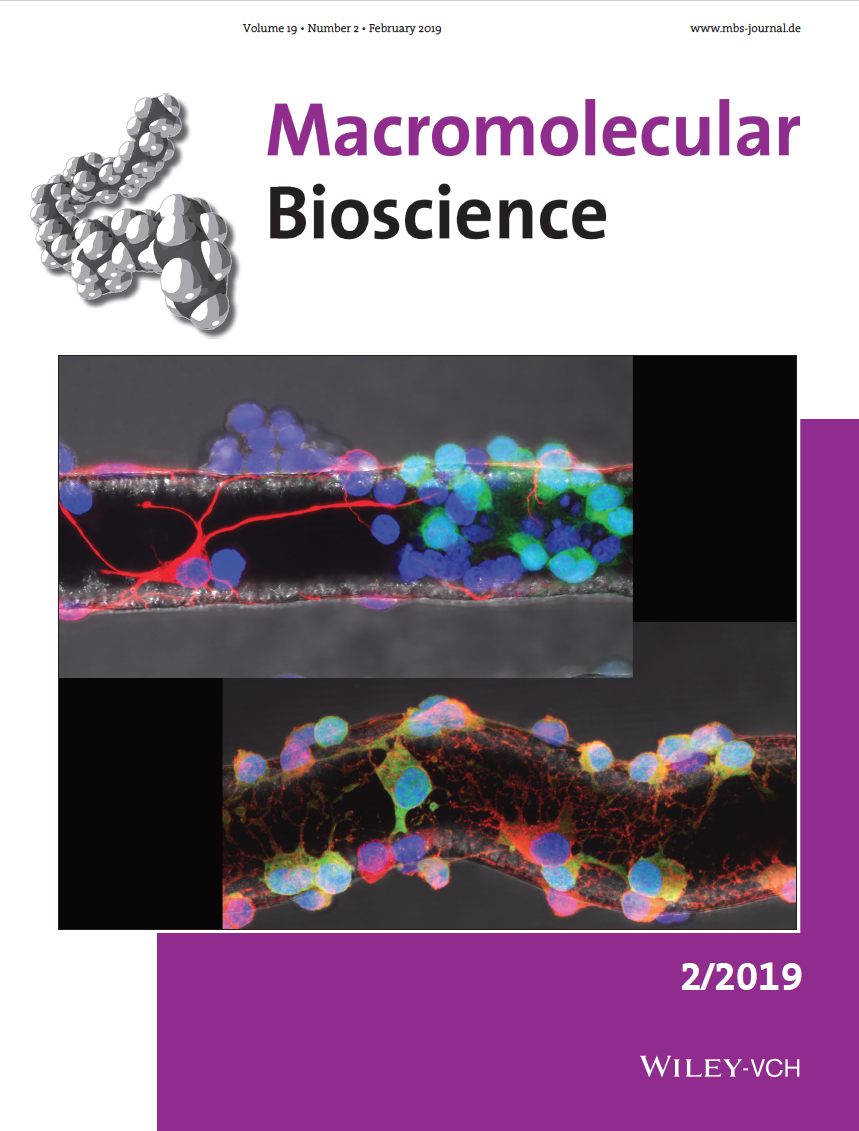
Biomaterials are essential for the development of innovative biomedical and therapeutic applications. Biomaterials‐based scaffolds can influence directed cell differentiation to improve cell‐based strategies. Using a novel microfluidics approach, poly (ε‐caprolactone) (PCL), is used to fabricate microfibers with varying diameters (3–40 µm) and topographies (straight and wavy). Multipotent adult rat hippocampal stem/progenitor cells (AHPCs) are cultured on 3D aligned PCL microfibrous scaffolds to investigate their ability to differentiate into neurons, astrocytes, and oligodendrocytes. The results indicate that the PCL microfibers significantly enhance proliferation of the AHPCs compared to control, 2D planar substrates. While the AHPCs maintained their multipotent differentiation capacity when cultured on the PCL scaffolds, there is a significant and dramatic increase in immunolabeling for astrocyte and oligodendrocyte differentiation when compared with growth on planar surfaces. Our results show a 3.5‐fold increase in proliferation and 23.4‐fold increase in astrocyte differentiation for cells on microfibers. Transplantation of neural stem/progenitor cells within a PCL microfiber scaffold may provide important biological and topographic cues that facilitate the survival, selective differentiation, and integration of transplanted cells to improve therapeutic strategies.